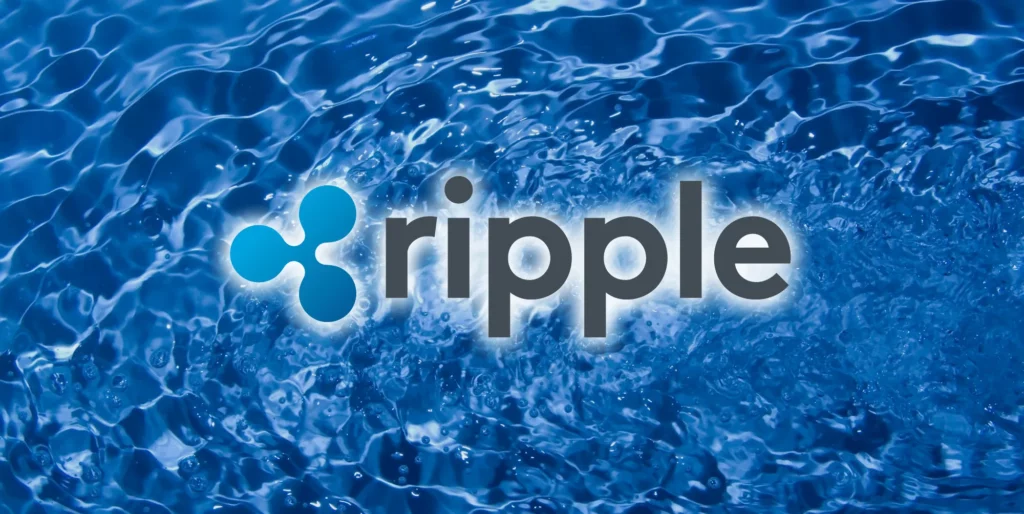
Ripple has cleared a significant hurdle with the Securities and Exchange Commission (SEC), securing a regulatory waiver that removes its “bad actor” label and restores private fundraising rights. This major development could pave the way for a new expansion of XRP.
The SEC’s decision grants Ripple the ability to use Regulation D exemptions, effectively lifting a five-year fundraising restriction imposed by a prior court ruling. As a result, the company can now streamline fundraising timelines while reducing legal and compliance costs. This increased flexibility will undoubtedly enhance Ripple’s financial toolkit, accelerating strategic goals.
Notably, this waiver reflects the SEC’s willingness to tailor relief in specific crypto cases. Market observers will closely monitor how Ripple leverages this regained capability in future initiatives.
The implications of this decision are substantial, as Ripple can now better position itself ahead of potential market expansion. The news comes amidst growing corporate interest in XRP, with several publicly listed companies revealing XRP holdings alongside other cryptocurrencies.
Quantum Biopharma Ltd and Worksport Ltd have both disclosed their allocations in XRP, along with Ethereum, Bitcoin, Dogecoin, and Solana. VivoPower has raised $121 million to establish a specialized XRP treasury, aligning with potential federal initiatives such as Donald Trump’s proposed Strategic Digital Asset Reserve. This strategic alignment reflects a broader commitment to blockchain-based payment systems.
In light of this development, Ripple’s restored fundraising capabilities may support its pursuit of a national bank charter. The company can now more efficiently raise capital, allowing it to better position itself in the regulatory environment.
Source: coincentral.com


